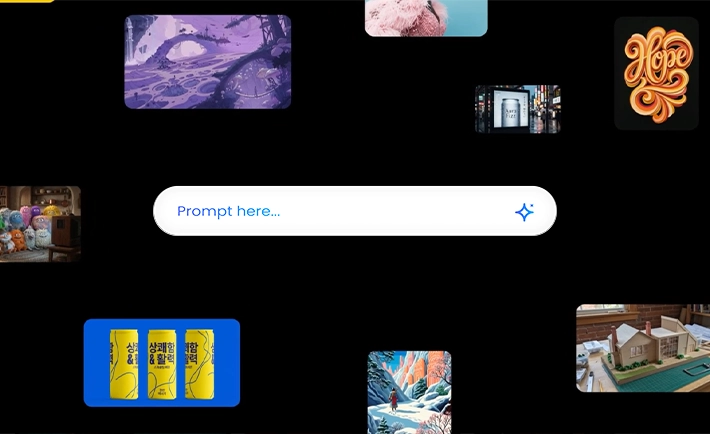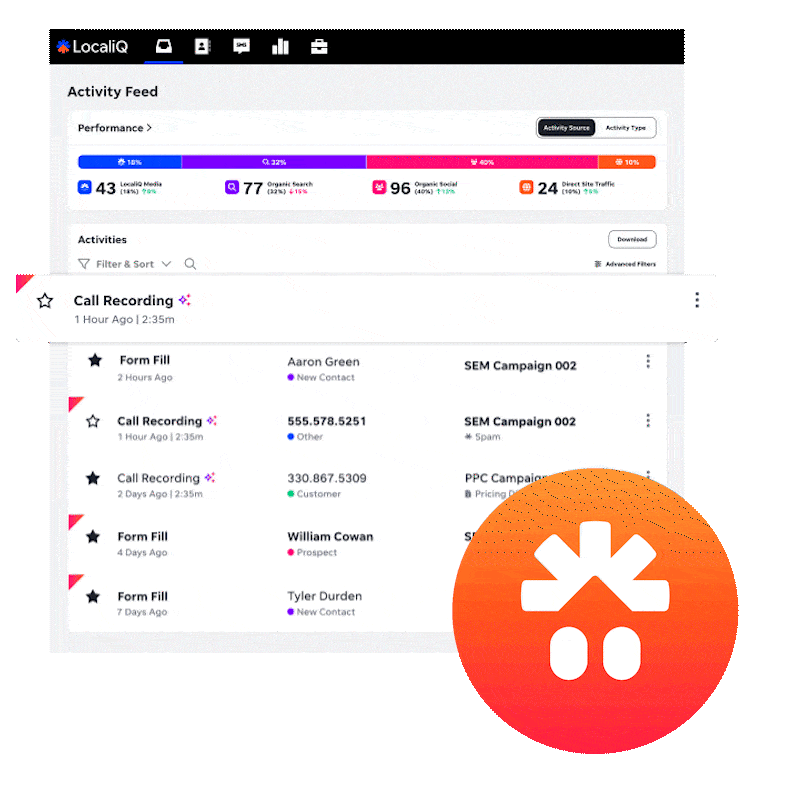- Blog
- Google Shopping & Black Friday – What Retailers Need to Know
Black Friday is one of the biggest moments in the retail calendar and for e-commerce brands, it presents a huge opportunity. But to make Black Friday truly count, your Google Shopping strategy needs to be spot on.
Below, we’ll walk through why Google Shopping matters for Black Friday, how to prepare, what tactics to use, and pitfalls to avoid.
Why Google Shopping Is Crucial for Black Friday
When shoppers are in buying mode, many don’t start with a general Google search—they want to see products, compare prices and go straight to the “buy now” option. That’s where Google Shopping ads / product listings (PLA / Shopping feeds) shine.
Here’s why they matter more than ever during Black Friday:
-
- Visual, product-centric: Instead of text links, users see images, pricing, and offers right in the search results.
- Buy-intent audience: People clicking Shopping ads are usually close to a purchase decision.
- Competitive differentiation: With the volume of deals out there, having your product pop visually can help you stand out.
- Synergy with search & campaigns: Shopping ads complement your regular search ads, helping cover more ground and capture more eyeballs.
Retailers in Australia saw a bump in retail turnover in November thanks to Black Friday promotions. Australian Bureau of Statistics+1.
So, when your customers are hunting for deals, you want your product to be one they can see—and click—right away.

How to Prepare Your Google Shopping Strategy
To make the most of Black Friday, you need to do some preparation ahead of time. Here are steps you should take in the weeks and months leading into the event.
1. Clean up your product feed
- Ensure all product data is accurate: titles, descriptions, categories, prices, availability.
- Use high-quality images—no placeholder or blurry photos.
- Include sale price or discount fields properly, so Google can show the savings.
- Use proper mapping and custom labels (e.g. “black_friday”) to segment your deals.
2. Structure your campaigns smartly
- Create a separate segment or campaign for Black Friday sales (so you can adjust bids, budgets, and strategies without affecting your regular listings).
- Use priority settings or campaign hierarchy to funnel the best traffic.
- Allocate more budget toward bestsellers / high-margin items.
3. Increase bids & budgets strategically
- Monitor performance early — increase bids gradually on proven winners, not blindly across all products.
- Be ready to shift budget in real time (e.g. pause underperformers, boost top sellers).
- Watch out for bid inflation during the sale period — competition will push costs up.
4. Promotions, discounts & offers
- Use Google’s “Promotions” feature in Merchant Center to highlight your Black Friday deals.
- Leverage time-based offers (e.g. flash sales) and bundle deals.
- Be transparent with shipping, returns and availability — customers want clarity.
5. Optimise landing pages & site experience
- Make sure the pages users land on from Shopping ads are fast, mobile-friendly, and clear.
- Highlight the discount, product features and a simple path to checkout.
- Minimise friction — fewer clicks, clear calls-to-action.
6. Monitor & adjust in real time
- Keep a dashboard open on performance — clicks, costs, conversion rate, ROAS.
- Be ready to turn off low-performing items or increase spend on winners.
- Use negative keywords if necessary to filter out irrelevant searches.
Black Friday Trends You Should Keep in Mind
When planning your strategy, it helps to keep an eye on broader trends so you can align your tactics.
- Mobile is dominant: More and more shoppers use mobile devices during Black Friday / Cyber Week, so mobile optimisation is non-negotiable. mobiloud.com
- Longer promotions: Many brands are extending Black Friday beyond a single day or weekend, running deals across all of November. mobiloud.com+2Accio+2
- Creator-driven traffic: In Australia, creator content and influencer recommendations saw a 150% increase in traffic during Black Friday periods compared to other times. SmartCompany
- Trust matters more: With many consumers cost-conscious, trust, transparency, and authenticity are major factors influencing purchase decisions. The Australian
So it’s not just about price — how you present, trust signals, and clarity all influence performance.
Pitfalls to Watch Out For
Black Friday amplifies both opportunity and risk. Here are common mistakes and how to avoid them:
- Overspending on underperformers — it’s easy to burn budget.
- Letting feed errors slip through (out-of-stock items, wrong prices).
- Having slow site speed or mobile issues under peak load — users will abandon fast.
- Not having clear messaging or trust signals (returns, shipping, reviews).
- Ignoring competitor movement — during Black Friday many brands shift bids, tactics, product focus rapidly.
Sample Checklist
|
Timeframe |
Key Tasks |
|
1.5 months before |
Audit product data, select which items will be on deal, update images and create a campaign structure |
|
4–6 weeks before |
Test campaigns, allocate budget, set up promotions and ptimise landing pages |
|
1 week before |
Monitor and tweak bids, run mock traffic tests & check mobile performance |
|
Black Friday week |
Monitor in real-time, scale what’s working, pause underperformers& use promotion features |
|
Post Black Friday / Cyber Monday |
Analyse results, gather learnings & follow up with offers or remarketing |
Final Thoughts
Google Shopping is one of the most powerful channels you can use during Black Friday — but only if done right. The visual format, high-intent audience and seamless buy path make it a must-have for e-commerce brands.
For your brand, success on Black Friday won’t come from copying what everyone else does. It will come from preparing early, focusing on what works, staying agile, and maintaining trust.






